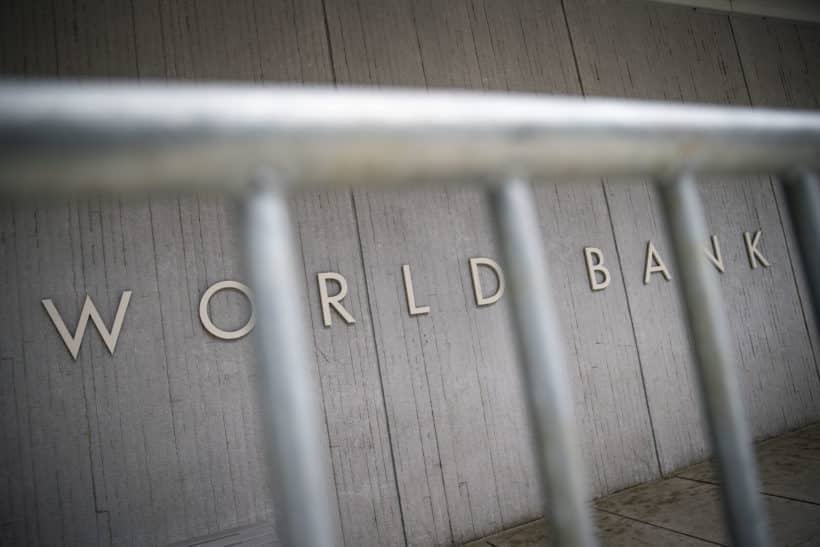
JOHANNESBURG, Oct 4 (Reuters) – Sub-Saharan Africa’s economy is set to grow 3.3% this year, down from 4.1% in 2021, the World Bank said on Tuesday, due to slowing global growth, drought, increased risk of debt distress and rising inflation made worse by Russia’s war in Ukraine.
The 2022 forecast was cut from a prediction of 3.6% made in its last biannual update in April, as the bank slashed projections for Nigeria and South Africa, two of Africa’s largest economies, plus Ghana, which is battling an economic crisis.
Chinese lockdowns disrupting supply chains and depressing demand for African commodities, the war in Ukraine and wealthy countries hiking interest rates were all to blame for the forecast downgrade, the bank said.
“Elevated food prices are causing hardships with severe consequences in one of the world’s most food-insecure regions,” the World Bank said in a statement accompanying its latest Africa Pulse report.
“The interconnected crises come at a time when the fiscal space required to mount effective government responses is all but gone.”
Of 33 countries with available data, 29 had inflation of over 5% in July, while in 17 it was in double digits. The number of countries in debt distress was little changed, the World Bank said, but noted that borrowing costs were rising.
In Ghana, which has sought help from the International Monetary Fund, amid inflation hitting 33.9% in August and the cedi weakening, growth is forecast to slow to 3.5% this year, compared to a prediction of 5.5% in April.
The World Bank also cut its growth forecasts for Nigeria and South Africa, from 3.8% and 2.1% to 1.9% and 3.3% respectively. The outlook for Angola, which has benefited from high oil prices, was upgraded to 3.1%, from 2.9% in April.
It said Ivory Coast would be west Africa’s fastest-growing economy this year at 5.7%, but that Senegal is set to overtake it – expanding 4.8% year before speeding up to 8% in 2023 and 10.5% in 2024.
The forecast for Kenya, east Arica’s largest economy, was kept the same as in April, at 5%.
(Reporting by Rachel Savage, Editing by William Maclean)

